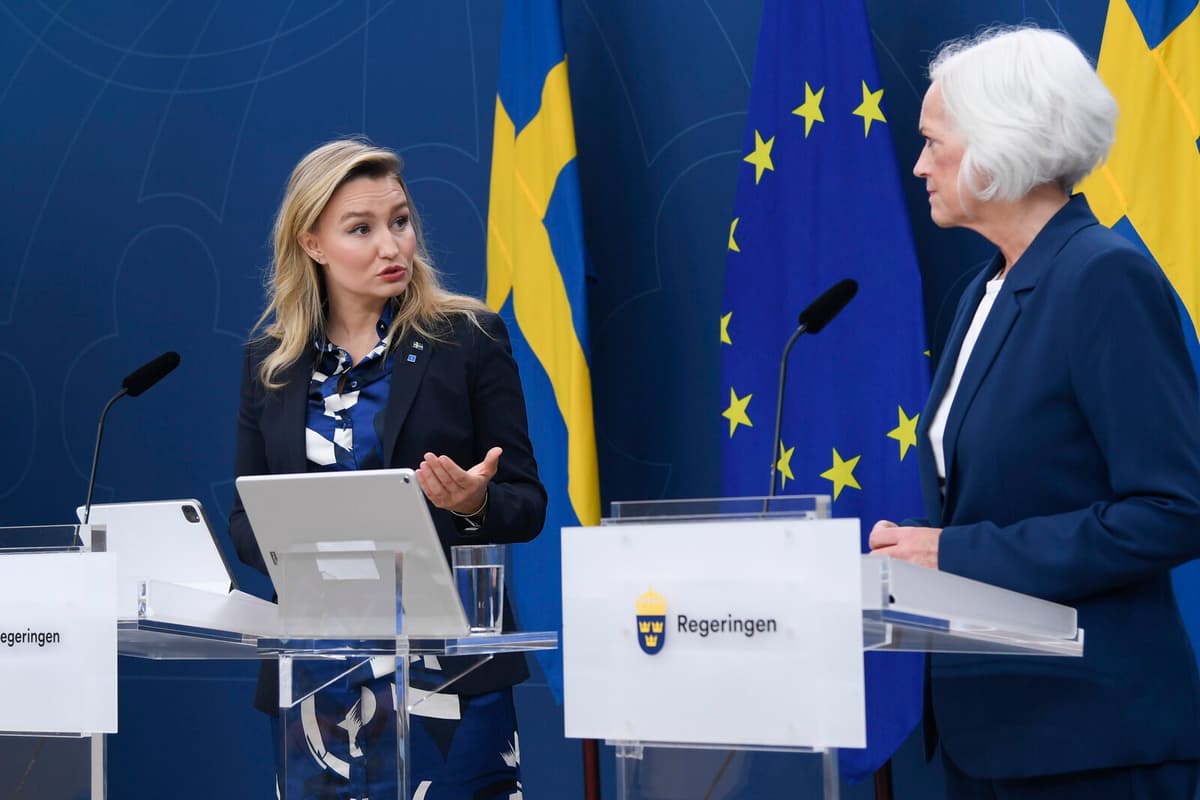On Monday, a government inquiry will present proposals on which state-funded one-off investments can be needed to shorten queues and increase healthcare capacity. Although the main responsibility for healthcare lies with the regions, this concerns time-limited measures.
Despite governments of different colours investing billions to increase accessibility in healthcare, it is difficult to reduce waiting times in many areas. In this year's state budget, 2 billion kronor are allocated as a sector grant to the regions and 1 billion is set aside to shorten healthcare queues.
Healthcare is the Christian Democrats' key issue, and in the government, both the Minister for Social Affairs and the Minister for Health are Christian Democrats. In their election manifesto before the 2022 election, the Christian Democrats promised that "the Social Democrats' healthcare queues will disappear".
Long waiting times
In November 2022, shortly after the change of government, 163,580 people were waiting for an operation or other treatment in specialist care, of whom 59,263 had been waiting for more than 90 days after the decision on treatment. Two years later, in November 2024, the corresponding figures were 162,117 and 58,152 people, according to statistics from the Swedish Association of Local Authorities and Regions (SALAR). Thus, no major changes.
It is operations and treatments that are the major challenge for the regions, says Johan Kaarme, head of the department for healthcare and social services at SALAR.
The greatest difficulties are in ophthalmology, orthopaedics, and ear, nose, and throat care, although the picture varies between different regions.
The inquiry has also been tasked with proposing a new, stricter healthcare guarantee, but those proposals will not come until May 2026. Today's healthcare guarantee includes, among other things, that one should be able to get in touch with primary care the same day, have the first visit in specialist care within 90 days after referral, and an operation or other treatment within 90 days after the decision on treatment.
Glimmer of hope
A glimmer of hope in the statistics is primary care, where accessibility is good and waiting times have been shortened. But many regions have difficulty living up to the healthcare guarantee, and more people are waiting for operations today than ten years ago.
However, many more operations are being performed today, which is a fantastic development. You can do much more, and more patients can be offered interventions. Even though productivity has increased, the influx is still increasing faster, says Johan Kaarme.
The healthcare guarantee is a legally established right that means the region should offer care within a certain time:
Contact with primary care the same day.
Medical assessment in primary care within three days.
Visit in specialist care within 90 days after referral.
Treatment/operation initiated within 90 days after decision.
If the healthcare unit cannot offer a time within the healthcare guarantee's time limit, the person should be informed and offered care from another care provider within the same or another region. This should not result in any additional cost for the patient.
Source: SALAR






